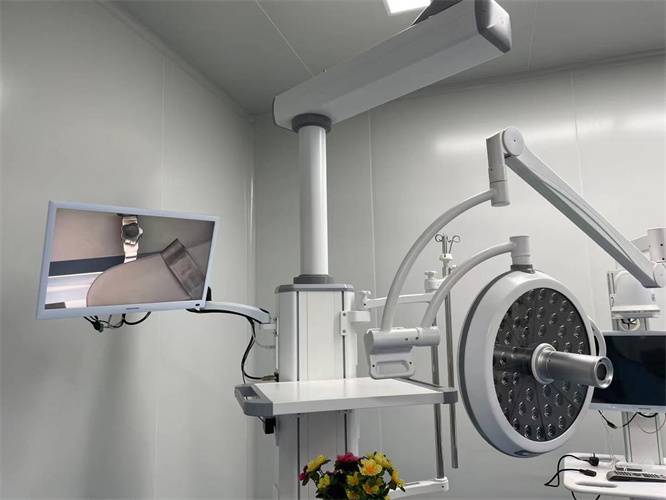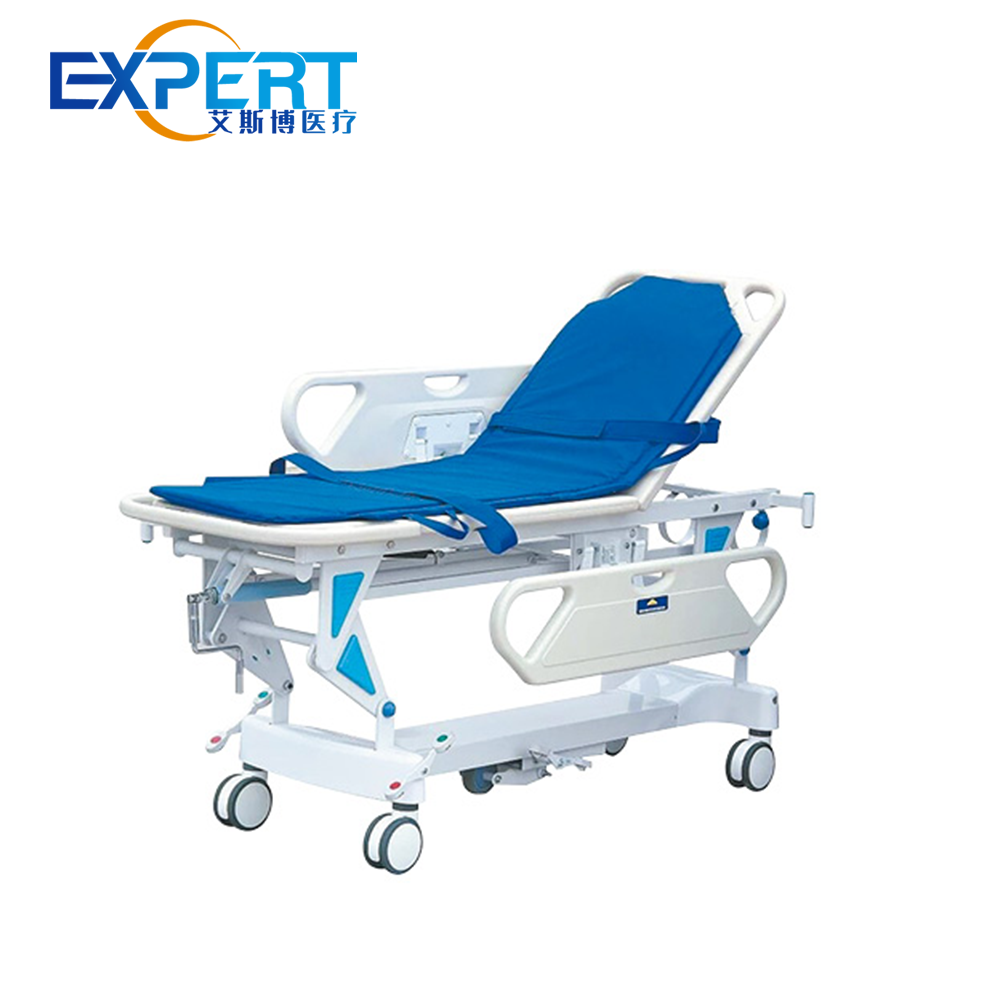Address
304 North Cardinal St.
Dorchester Center, MA 02124
Work Hours
Monday to Friday: 7AM - 7PM
Weekend: 10AM - 5PM
Shandong Expert Medical Equipment Group
Expert Medical Equipment Group, as one of the most professional medical equipment manufacturer and exporter in China, insist on providing superior quality, safety and reliable products as well as the best after-sale services to worldwide market.
Expert Medical operating table series fully meet the requirements of general surgery, heart, head ,neck, thoracic cavity and other surgical operations.
Expert Medical operating lamp series are involved in various surgical lighting fields and auxiliary lighting system.
Expert medical provide various type of hospital ICU&Nursing beds which are truly beautiful design and durable to use.
They are ideal workstations for medical gases, power supplies, instrument platforms, infusion pump racks, and network output terminals in hospitals.
Medical products are not allowed any irregularities. We possess the best technical engineer to participate in product design and evaluation, committed to providing an efficient and high level of service to all customers.
In addition to medical equipment manufacturing, we also engage in researching and developing modern and high technology industries, support medical institutions to improve diagnostic and treatment effect in various diseases.
Expert Medical has been engaged in medical equipment manufacturing and technical service more than 17 years, continues to provide timely market information and technical support to all customers, with professional technical team to fulfill various requirements of pre-sales and after-sales service.
Expert Medical is located in Qufu City, Shandong Province, which is the largest surgical equipment industry cluster in China and even in the world.Our main products are: surgical lamp series, surgical table series, medical pendant, medical bed series etc,more than 200 specifications.

WE LOVE WHAT WE DO
It is better to be a good specialist in one business than an average in several industries.
Our medical equipment design and manufacturing team is well aware of the needs of patients and doctors. Therefore, we are confident that we are experts in the medical equipment industry.
We are one of the leading high-tech medical equipment manufacturer, and the products are widely distributed in hospitals and clinics around the world and supported by an extensive distributor network.
All production stages of our products are under strictly control, and each step is subjected to precise and professional quality control and testing. All products have near-perfect performance in medical practice.
In addition to basic surgical operating equipment and hospital instrument,we also producing and providing medical diagnostic equipment,digital treatment and recovery device and other product series,hundreds of varieties and specifications to meet various of requirement.So we are confidence to be your one-stop medical equipment solution provider.
As a professional one-stop medical equipment manufacturer, EXPERT MEDICAL owns integrated supply chain to provide a full range of medical equipment services for operating theater, critical care areas and primary care institutions etc., with modern production technology and strict cost controls, we supply the most cost-effective products to all of our customers.

From basic beds, medical furniture and carts to operating room equipment, diagnostic testing and rehabilitation physiotherapy, the expert medical equipment team’s expertise in risk and project management makes us the preferred supplier for hospitals in more than 70 countries. We will also continue to give full play to our advantages and provide professional medical equipment.
Our main axis is constant innovation; we are committed to the continuous development and implementation of new standards of product quality and service efficiency. We have accumulated many registered technical patents and certifications. As we strive to provide the best experience to our customers and contribute to the improvement and modernization of healthcare systems worldwide.
EXPERT MEDICAL not only sales products, we also provide the proper installation training and education to assist customers in performing the highest standards works. There is an ethical element to all of this, as EXPERT MEDICAL upholds the fashioned values of integrity and honesty, while always treating all customers as our friendly cooperation partners.
We understand the original intention and reasons why customers do customize medical equipment, so we can provide the most suitable equipment. We have a professional R&D team to design and match the requests of different customers about the customized medical equipment and provide products with different specifications according to different requests to ensure the work efficiency higher.Now let us know your customization requests to provide you with the most professional equipment and products.


EXPERT MEDICAL is dedicated to establish reassuring quality system throughout the whole medical equipment manufacturing process. For this core value, we are responsible for both of our customers and whole industry.
This comprehensive guide will help you navigate through the various...
Read MoreIn the realm of surgery, LED surgical lights have become...
Read MoreHalogen surgical lights, with their intense, focused beams, have long...
Read MoreHospital stretchers play a vital role in patient care, providing...
Read More
Expert Medical operating table series fully meet the requirements of general surgery, heart, head ,neck, thoracic cavity and other surgical operations.

Expert Medical operating lamp series are involved in various surgical lighting fields and auxiliary lighting system.

Expert medical provide various type of hospital ICU&Nursing beds which are truly beautiful design and durable to use.

Whether it's everyday medical care or surgery, Expert Medical surgical trolleys can help you work more efficiently.

With variety of structural and functional,Expert stretchers provide strength support on emergency rescue and patient transport working.

Expert Medical's other medical devices work together to help build a complete medical system.
We are devoted to providing a one-stop sales model to customer; We give more important care on our customer’s satisfaction.
